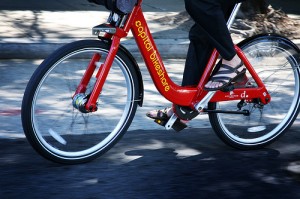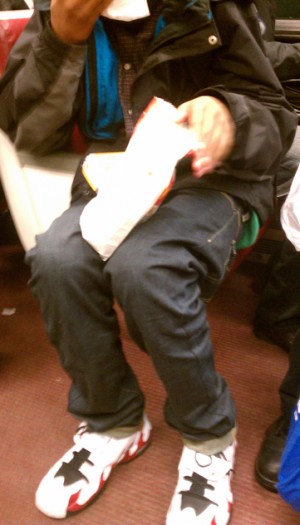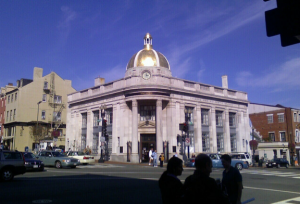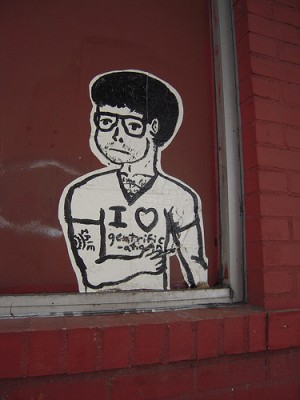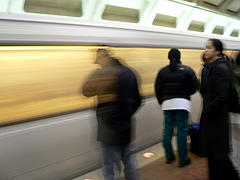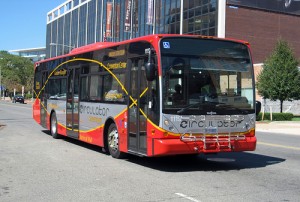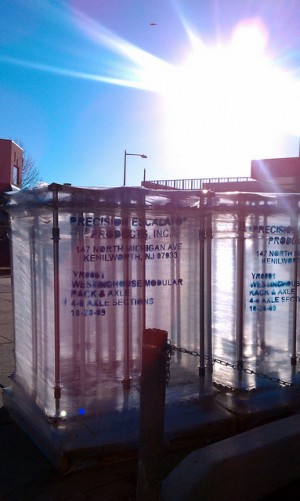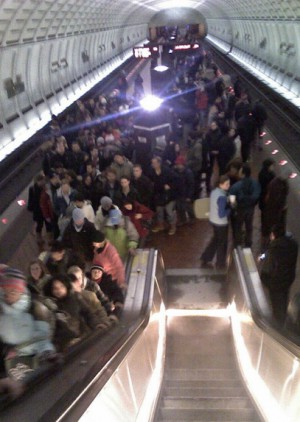
DCentric
Lots of bags to search here.
DCist talked to the new CEO and General Manager of Metro, Richard Sarles. While escalators and rude personnel were discussed, the part that stood out to me had to do with terrorism:
A large amount of the discussion revolved around bag searches, and Sarles’ affinity for the program…
It’s obvious that Sarles has a great amount of passion for the program, which many have criticized as little but security theater. Sarles was quick to defend with rhetoric. “We are the symbol here of a great country,” he added. “We call ourselves America’s subway. We are something that people would like to attack. Can you thwart every attack? Absolutely not….[But] all these things try to thwart or discourage terrorists from attacking here. This is a highly visible target, and to think it’s not, is to put your head in the sand.”
He continued: “Terrorists have a specific plan how they’re going to do it, and if you make it unpredictable, maybe there’s something else they can plan,” said Sarles, diving deeper. “The unfortunate thing is someone sets a bomb off on a subway train, it’s not the same as someone getting punched in the face, an assault. A terrorist could walk up here today and kill somebody, but that’s not making a statement — they bombed the World Trade Center because it was a symbol of capitalism, and we’re a symbol of freedom.”
I don’t know if Metro is a target because it’s a symbol of freedom, but it may be a target because attacking it would be hugely disruptive to this area. I guess those popular bag searches are here to stay.



